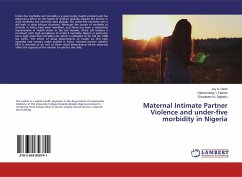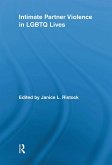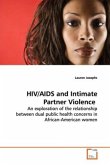Intimate Partner Violence (IPV) continues to occur in many settings across socio-economic, religious and cultural groups. It remains an unfortunate reality for many couples and families. Factors such as unemployment, alcohol- and drug abuse are some of the contributing factors to IPV. An absence of these factors, however fails, to explain the continued presence of violence in intimate relationships. Therefore, the aim of this descriptive study was to explore the role that attachment styles play in IPV in Namibia, where prevalence is still high. Specifically, the purpose of this study was to examine the possible relationship between attachment styles and IPV, as well as to determine the best predictor of IPV from among the different styles of attachment, amongst Namibian university students. The research instruments used were a socio-demographic questionnaire and the Abuse within Intimate Relationships Scale (AIRS), as well as the Experience in Close Relationship Structures (ECR-R) questionnaire. The sample consisted of 380 undergraduate students. Findings showed there is a relationship between attachment styles and IPV among University of Namibia students.
Bitte wählen Sie Ihr Anliegen aus.
Rechnungen
Retourenschein anfordern
Bestellstatus
Storno








